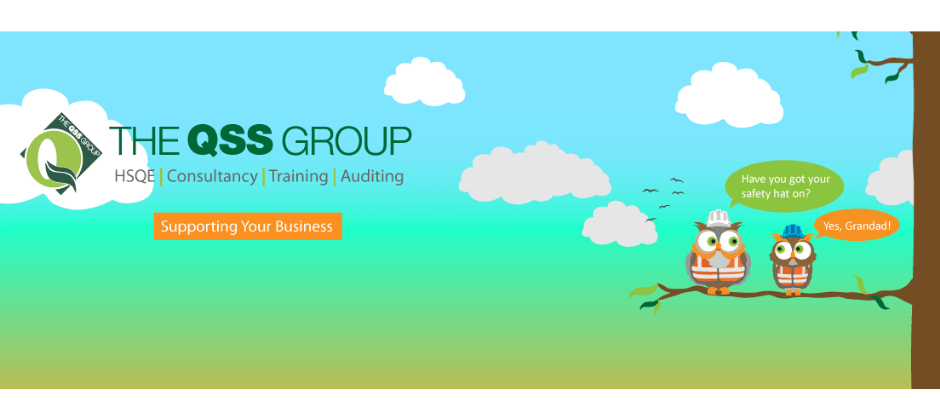Course description

Basic Accident Investigation Training
At the end of the course participants will have an appreciation of:
- Why accident investigations should be carried out.
- How to carry them out effectively.
- The relevant legal health and safety requirements to carry out investigations.
- The people who may be involved.
- How to structure an investigation to maximise information gathering and how to analyse findings to identify causes and determine where responsibility lies.
- How to write a good investigation report.
Do you work at this organisation and want to update this page?
Is there out-of-date information about your organisation or courses published here? Fill out this form to get in touch with us.
Suitability - Who should attend?
Suitable for individuals who are looking at understanding or carrying out basic investigations at Level 1 or Level 2.
We can offer more in detail Level 2 investigations which are designed and developed to bespoke individual organisations. Enquire for further information.
Outcome / Qualification etc.
Completion certification
Training Course Content
Module 1: Key Definitions
- Hazard
- Accident
- Incident
Module 2: Requirement to Investigate Accidents/Incidents
- Why investigate Accidents/Incidents?
- Requirement to investigate Accidents/Incidents
Module 3: The Cost of Accidents and Incidents
- Iceberg Theory (Insured costs/Uninsured costs)
- Accident Ratio’s (Bird Triangle)
- Human Costs
Module 4: Control Measures and Human Failure
- Error (Slip/Lapse/Mistake) Violation
- Exercise – Identify where the ‘barriers’ failed
Module 5: Immediate and Underlying Causes
- Henrich’s Domino Theory of Accident Causation
- Immediate Cause – Unsafe Act/Unsafe Condition
- Exercise – Unsafe Act or Unsafe Condition?
- Underlying Causes
- Why?/Because Model
- Influencing Factors
- Model of causal analysis (why? because, why? because)
Module 6: Evidence Gathering and Sequence of Events
- Types of Evidence (Perishable evidence/Non-perishable evidence)
- Determining sequence of events
Module 7: Conducting Interviews
- Guidance on how to conduct an interview
- Aims and Objectives of an interview
- Purpose of an interview
Module 8: Actions and Recommendations
- SMART Actions (Specific, Measurable, Achievable, Realistic, Timescaled)
Course delivery details
We do not offer open courses unfortunately as we like to adapt and personalise our courses to customer specific requests and requirements.
Expenses
If classroom based, dependant on location.
Request info
Get Inspired! Watch the Video
Ads

